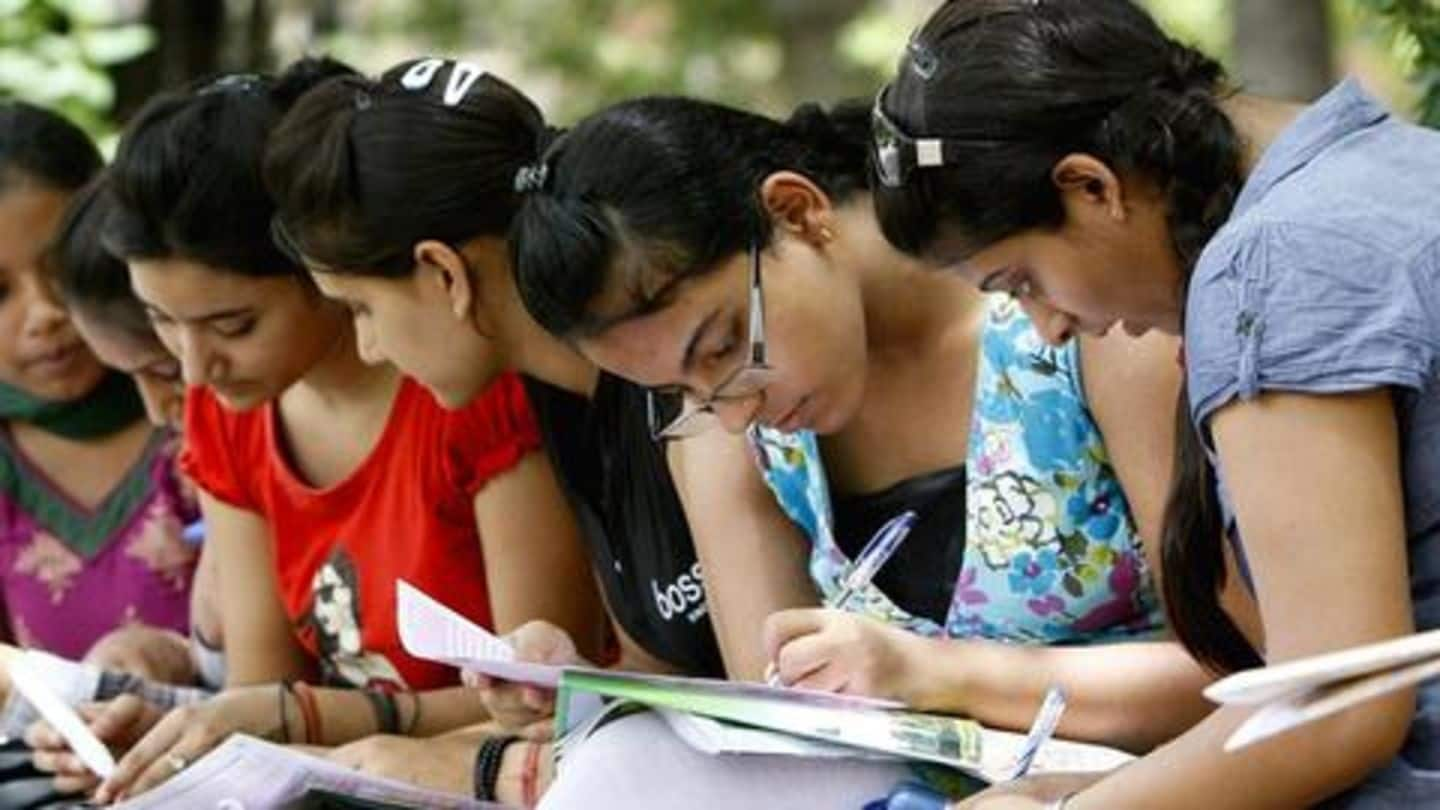
#CareerBytes: What not to read for UPSC CSE Prelims exam
What's the story
The UPSC Civil Services Examination (CSE) is one of the toughest exams and its preparation process is a demanding task. It is conducted in three stages: Preliminary examination, Main examination, and Personality Test. While preparing for Prelims, aspirants must be aware of what to study and what not to study to avoid wasting their precious time. Here's what candidates should avoid studying for Prelims.
#1
Reading about topics that are not in the UPSC syllabus
Before starting the preparation for Prelims, candidates should know the topics given in the UPSC syllabus. This will help them cover the entire syllabus and avoid unnecessary topics or subjects that are not in the syllabus, which are irrelevant for the exam. Also, they should prioritize topics as per the weightage and the latest questioning trends rather than studying them blindly.
#2
Do not read too many books for the same topic
The UPSC syllabus is huge and covers a lot of concepts and topics. While candidates are required to have an idea about all the topics, they should avoid studying too much in depth. Some books are of an advanced level and will consume unnecessary time; so, these should be avoided. Also, candidates shouldn't read too many books or resources for a single topic.
Information
#3: Avoid books that are irrelevant from UPSC exam perspective
Apart from books for different subjects, aspirants should also go through books for general reading, learning about diverse topics and issues, and improving communication skills, reasoning and analytical ability, and decision-making skills. However, candidates should not read irrelevant books, especially fiction, to avoid wasting time.
#4
Do not read unnecessary material provided by random websites
While preparing for Prelims, candidates can take help of websites that provide study material, previous question papers, test series, current affairs, and other exam preparatory material. However, they should understand that the Internet is a vast ocean and wisely choose the resources which they feel are important for Prelims. They should avoid following too many websites and random sources while preparing.
Information
#5: Avoid reading news not related to Prelims syllabus
Reading newspapers and magazines is an indispensable part of UPSC preparation; they help candidates know current affairs, learn about diverse topics/issues, and improve knowledge. However, aspirants must avoid reading irrelevant news topics, including entertainment, fashion, crime, art, sports, business (unless it's relevant) among others.